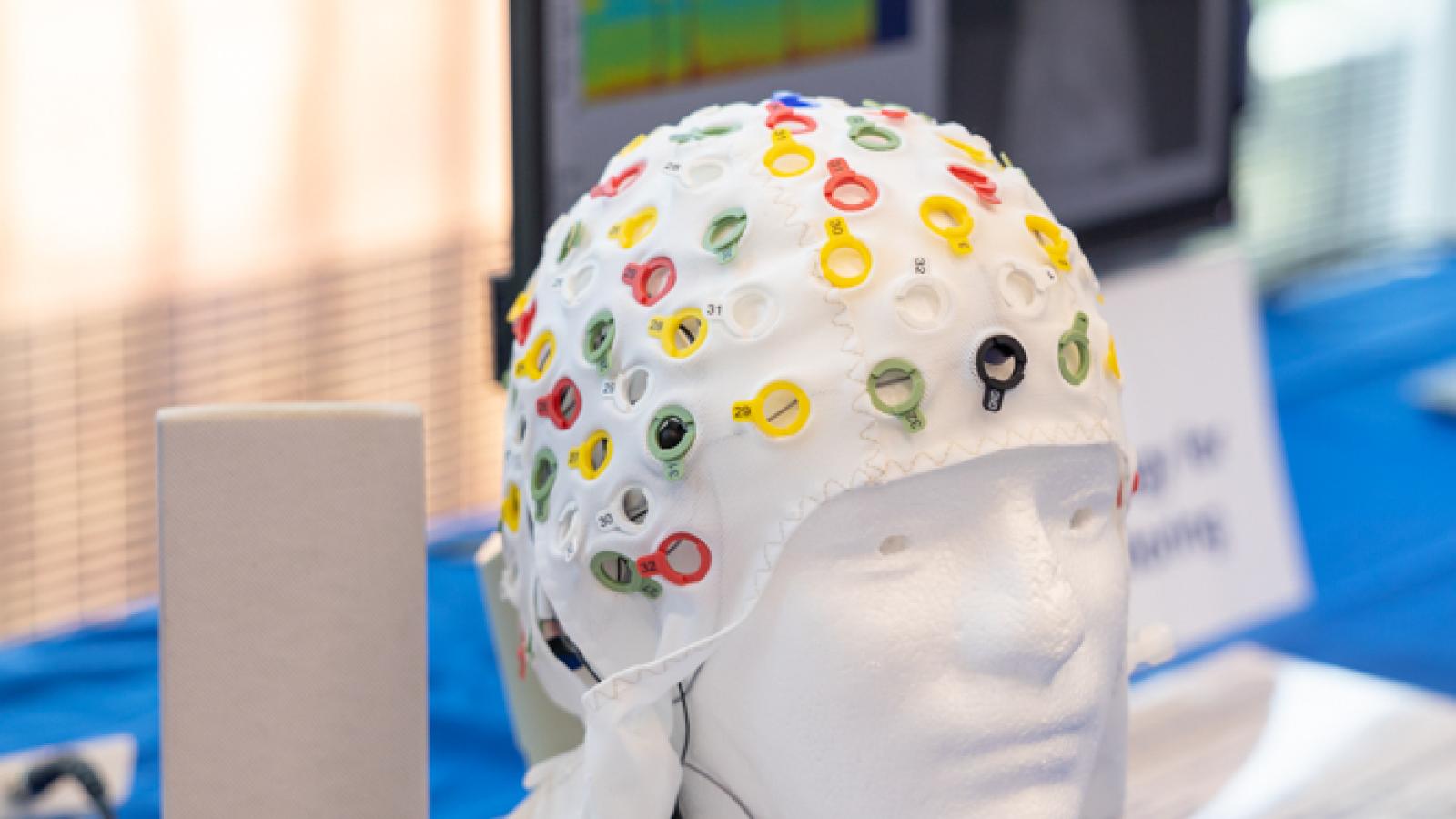Key details
Improving sleep quality for people living with dementia
Disturbed sleep is a common symptom for people living with dementia but we still don’t know whether this is a consequence of the condition or a driving factor in the disease progression.
Prof Derk-Jan Dijk is developing and evaluating new technologies that can measure a person’s sleep and wake patterns at home, which will enable large state-of-the-art studies and investigations into new interventions to enhance healthy sleep and circadian rhythm in people with dementia.
The Dijk Lab are exploring the potential of a range of devices ranging from wearable devices to contactless devices that can sense movements and physiological signals – which all could offer a low-cost approach for sleep research. They determine whether using these devices is scientifically robust and explore the potential to add on sensors that measure variables such as exposure to light. They then apply mathematical modelling and machine learning approaches to the data to understand the relationship between sleep, light and dementia symptoms to design new interventions.
They team also:
- investigate wearable devices that can record a person’s electrical brain activity – to identify one that can accurately assess key features of sleep.
- test whether playing specially selected sounds into an earpiece sensor can help improve disrupted sleep patterns in dementia.
- develops video-based analyses of ‘behaviour during sleep’ and integrating these with data collected from other home sensors monitoring behaviour. They hope to then use these insights to improve sleep quality.
Prof Derk-Jan Dijk
Prof Derk-Jan Dijk is a Group Leader at the UK DRI Centre for Care Research & Technology. Find out more about his career and expertise on his profile page.
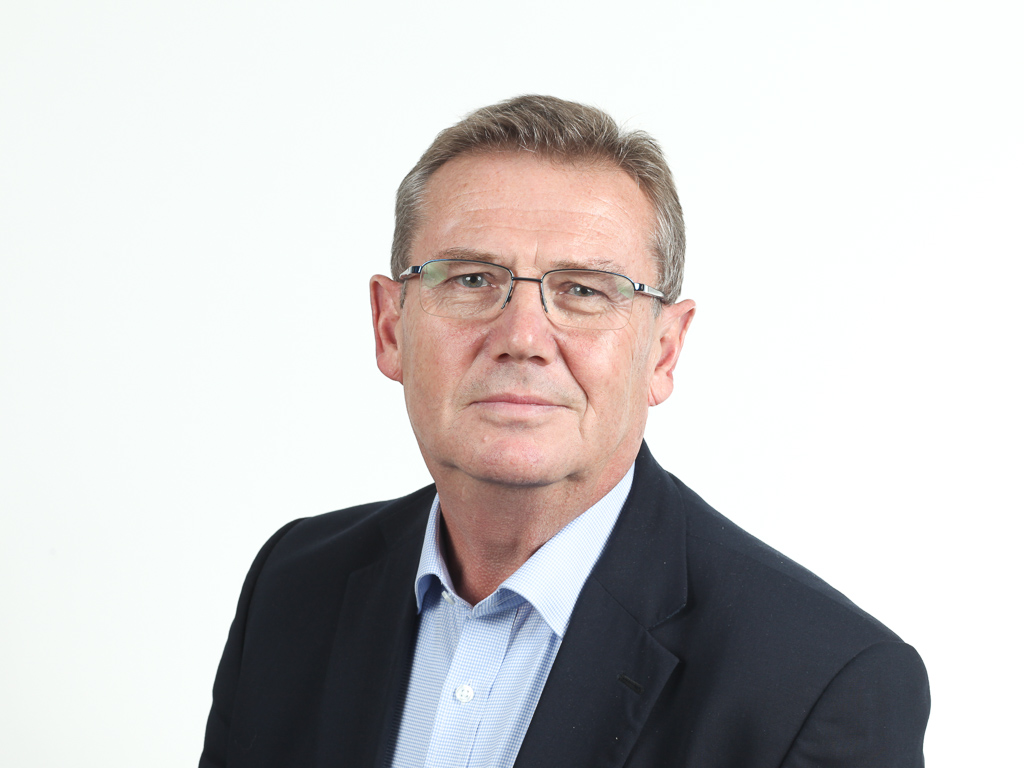
Research summary
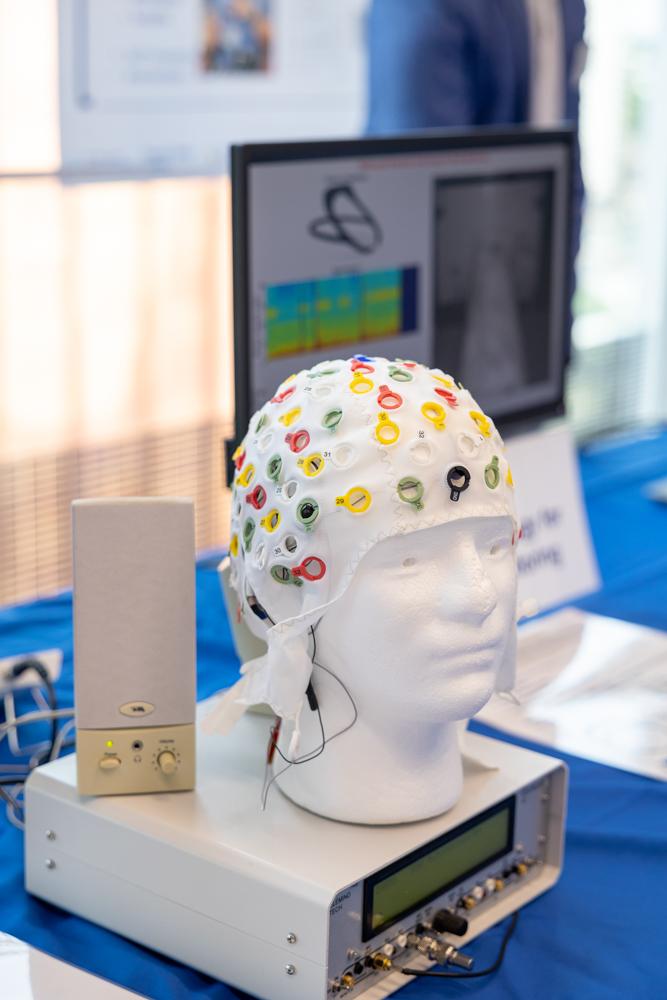
Sleep technology being developed and evaluated in the Dijk Lab
Improving sleep and circadian disruption
This UK DRI programme, led by Prof Derk-Jan Dijk, validates and develops technology to quantify vigilance states, sleep symptoms and physiology across the 24-hour day (i.e. circadian rhythm). The team validates the new technologies developed under rigorous sleep lab conditions prior to testing in the home environment.
The parallel strands include:
Circadian Assessment: The team validates accelerometers as a low-cost approach to assessing circadian sleep rhythms in order to facilitate their use in the monitoring of large populations and the evaluation of interventions. Parameters derived from accelerometers will be compared against EEG. Automated scoring algorithms will be developed, facilitating the investigation of circadian sleep rhythms in large samples, including UK Biobank (N>100K). They extend the functionality of accelerometers by adding light exposure sensors to quantify circadian stimulation. Mathematical modelling is used to understand the relationship between light, sleep and clinical state. Accurate home assessment of circadian rhythm will facilitate new treatments for disturbed sleep, for example by clarifying the optimal timing and duration of naps and the predictors of nocturnal wandering.
Blood Based Biomarkers: The team investigates the extent to which blood based biomarkers for dementia are associated with sleep disturbances but also whether these biomarkers vary within the 24h day. Understanding these associations and variations have practical implications for the clinical interpretation of these biomarkers.
Home EEG Monitoring: The team evaluates devices capable of prolonged (ideally 24 hours) home EEG recording. Requirements to be met are the accurate assessment of sleep stages (REM and NREM), sleep continuity and EEG features during sleep and wakefulness. Slow waves and REM sleep are often abnormal in dementia and may be modulated by appropriately timed acoustic stimuli. They, therefore, test whether acoustic stimulation coupled to home EEG can be used as a therapeutic modality to enhance healthy sleep.
Contactless Sleep and Circadian Assessment: In addition to the focus on wearable technology, they develop passive monitoring for sleep and circadian rhythm that can be scaled independently of patient compliance. The team envisage using this technology to modify sleep quality, which might be achieved without the need for wearable technology, for example by an automated adjustment of bed position to change a person’s posture and reduce apnoea.
Approach to Technology Evaluation: New technology will be evaluated in the UK DRI Clinical Research Facility, part of the Clinical Research Building at the University of Surrey. Validation is initially conducted in small groups of cognitively healthy older participants. The most promising technologies are evaluated in dementia/mild cognitive impairment (MCI) patients, with either overnight stays in the UK DRI Clinical or in patients’ homes.
Main Objectives and Research goals:
- Identify valid and affordable technology to measure sleep and circadian rhythms at-scale and longterm in PLWD
- Identify aspects of sleep and circadian disturbance that predict cognitive function and psychiatric symptoms
- Design and deliver interventions to improve sleep within a clinical neuroscience context
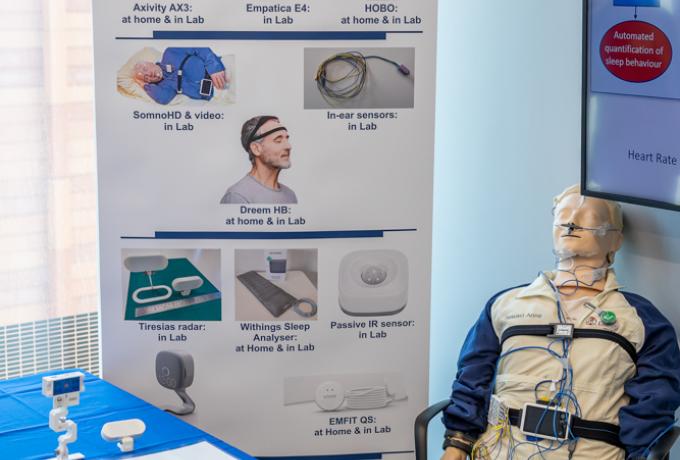
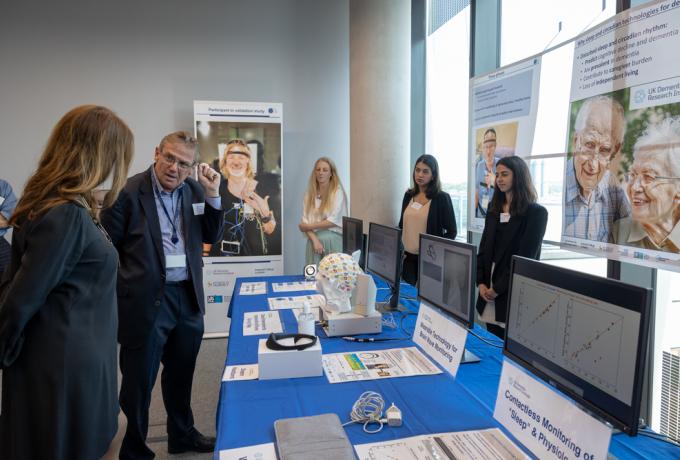
Key publications
Vacancies
Lab members
- Dr Ullrich Bartsch (Academic)
- Dr Vikki Revell (Associate Professor)
- Prof Anne Skeldon (Academic)
- Prof Kevin Wells (Academic)
- Dr Samaheh Kouchaki (Academic)
- Dr Hana Hassanin (Clinical Consultant)
- Marta Messina Pineda (Staff Scientist)
- Dr Ciro Della Monica (Research Fellow)
- Dr Valeria Jaramillo (Emerging Leader)
- Dr Sara Wong (Postdoctoral Researcher)
- Dr Kiran Kumar Guruswamy Ravindran (Postdoctoral Researcher)
- Dr Sarmad Al-Gawwam (Research Fellow)
- Dr Aravind Kamaraj (Research Fellow)
- Tamas Foldes (Senior Researcher)
- Sam Stagg (PhD Student)
Collaborators

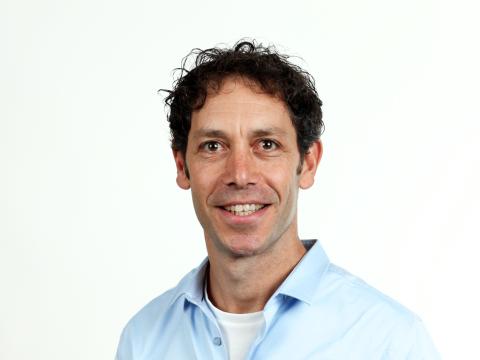
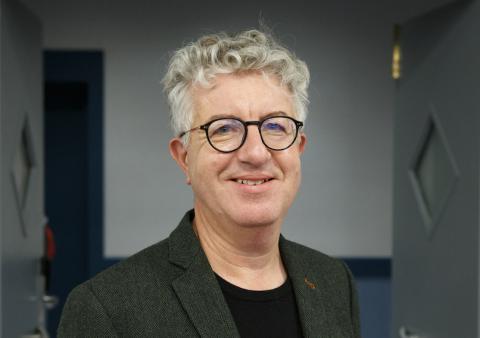
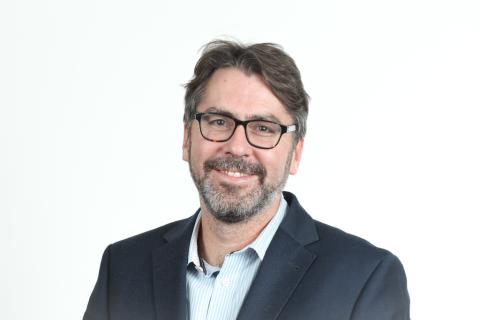
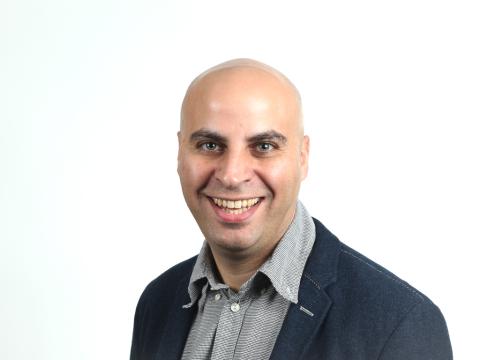
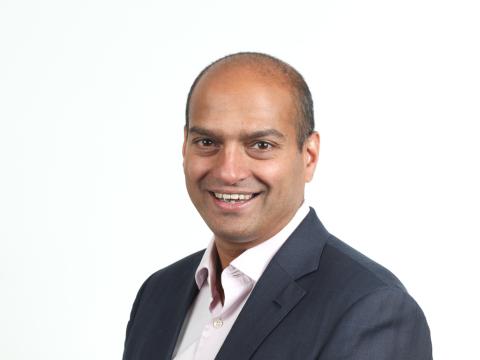
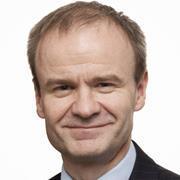
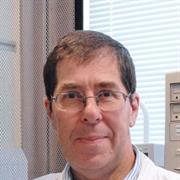
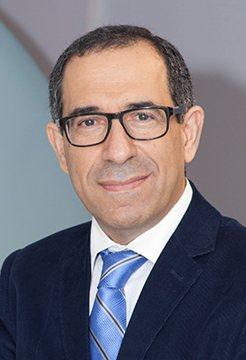
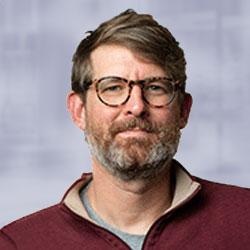
Lab funders
Thank you to all those who support the Dijk Lab!
